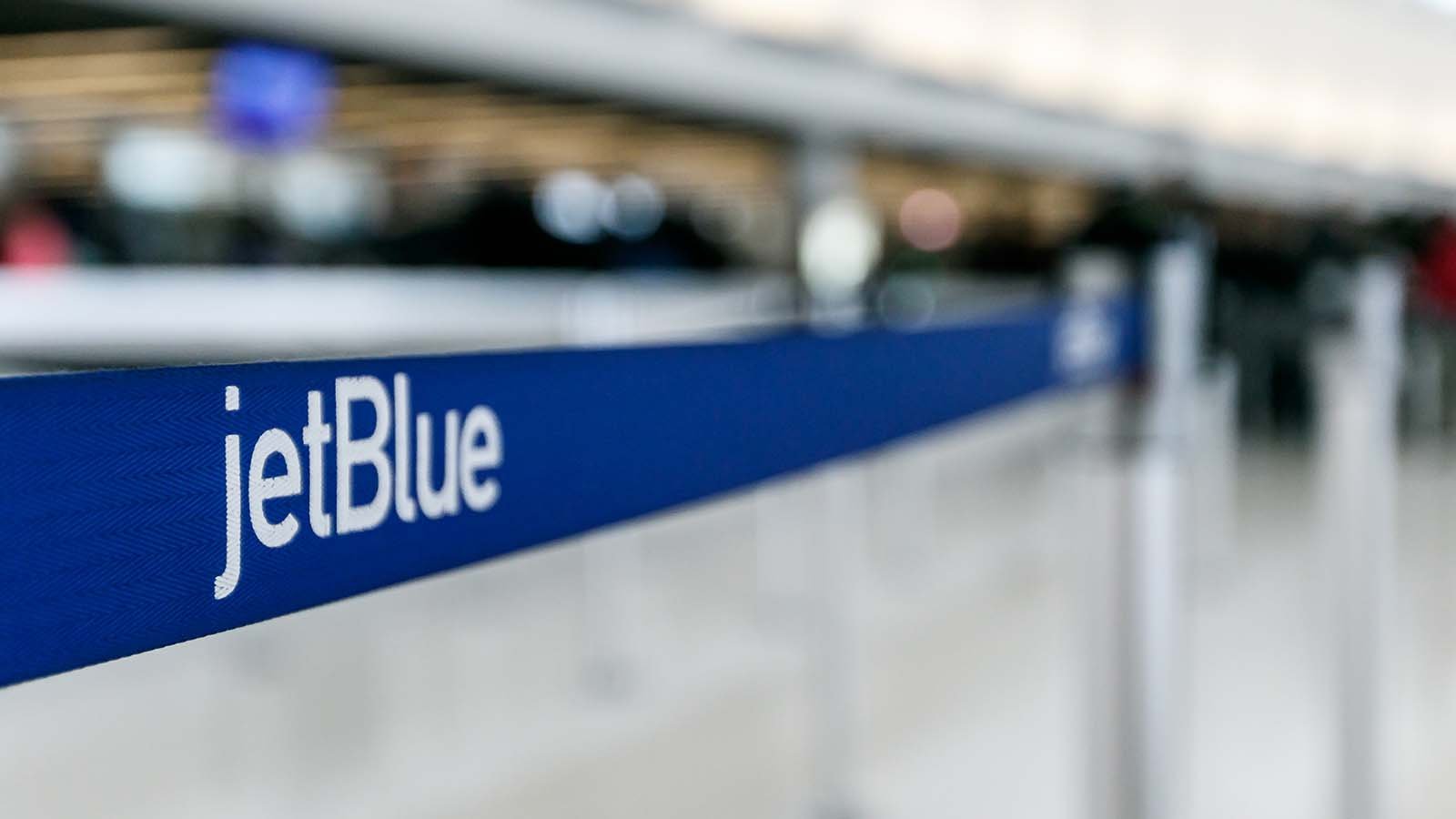In the midst of an unprecedented collapse in demand, JetBlue (NASDAQ:JBLU) CEO Robin Hayes took the high, but painful road. He issued a status report to all JetBlue employees. The letter was a stark accounting of the perilous state of JetBlue’s business at the moment. And for investors, it was not a ringing buy signal for JBLU stock.

JetBlue is trading at around $7.50 per share as of this writing. At times like this, I tend to throw out any short-term technical indicators and widen my lens. The last few years have been an anomaly. On several occasions, JBLU stock has stayed above $20 a share. But historically, JBLU stock wants to be at around $15 per share. That’s about double the current stock price under average business conditions.
A bigger problem is that, on several occasions the stock has dropped below its current level. And that was when business conditions were significantly better. That suggests the stock probably has further to fall.
A Window into the Industry’s Problem
Social distancing is an awkward solution to a vexing problem. And what does that problem look like for Jet Blue? According to Hayes, the company is booking an average of less than $4 million per day in March. That is a decline of over 80% from the $22 million the company was averaging in the past year.
But the company isn’t just facing a decline in realized revenue. They are also having to give money back to customers. Hayes says the company is issuing in excess of $20 million per day of credits for canceled bookings. This is more than 10 times the normal rate of refunds.
That’s tough math and Hayes admitted as much.
Will an Austerity Plan Be Enough to Stop the Bleeding?
The company is doing what it can. They will institute mandatory pay cuts for Hayes and other company officers. This is ultimately more symbolism than substance, but it’s what needs to be done. JetBlue will be grounding flights by at least 40% in April and May. And the actual number may be much, much higher given the present circumstances.
And all this means that the company will see its $1.2 billion cash reserve depleted. Hayes did emphasize that the company has a $1 billion credit line from which to draw on. And eventually the money they spend on cancellations will slow down. After all, at some point, all the customers that can cancel their flight will have cancelled.
But the unanswerable question comes down to when? Although some policy experts don’t like it, the airline industry is likely to receive some sort of a bailout package. That may be sufficient to keep JetBlue solvent.
But that still depends on if the United States is able to flatten the curve of the virus. And then if drug treatments become available to treat the highest risk victims while holding down the fort in advance of a vaccine late this year or in 2021.
Is JBLU Stock Low Enough to Buy?
The letter couldn’t have been comfortable to write, send, or receive. But I applaud the CEO for his transparency. One rule in any crisis is to be transparent. Ultimately, it will build trust.
The question that has to be considered is how long will it take before the stock gets back to that point? How long will it take for customers to come back? And how much debt will the company have to repay when business returns?
These are all hard questions. And Hayes deserves credit for his candor. But candor is not enough to recommend buying JBLU stock at the moment.
Chris Markoch is a freelance financial copywriter who has been covering the market for over five years. He has been writing for InvestorPlace since 2019. As of this writing, Chris Markoch did not hold a position in any of the aforementioned securities.
